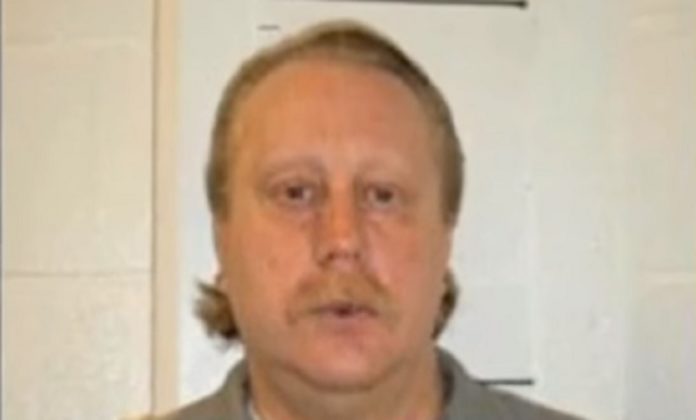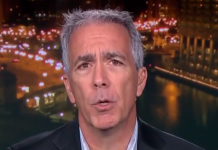Russell Bucklew, an inmate on Missouri’s death row, suffers from a rare disease. Sentenced to die by lethal injection, he argued against the procedure saying it would cause “severe harm and suffering,” due to the condition and requested being put to death by lethal gas instead, CNN reports.
But on Monday, the Supreme Court ruled against him in a 5-4 decision. And in general, the Court has upheld death by lethal injection. In this instance, Buckley’s lawyers argued that the disease, known as cavernous hemangioma causes an “unstable blood-filled tumor to grow in his head, neck, and throat.” His lawyers also said if Buckley were to undergo lethal injection he may suffer prolonged suffocation.
The court, however, ruled in lockstep with an earlier 2015 decision it handed down. In this instance, the court rejected a challenge to Oklahoma’s lethal injection method in a 5-4 vote, Reuters reports. The court ruled that inmates challenging this method must come up with an alternative that’s less painful.
Justice Neil Gorsuch, writing the decision for the majority, said that the Eighth Amendment, (which offers protections against cruel and unusual punishment), does not demand the “avoidance of all risk of pain,” during executions. According to court precedent, the only way an inmate can challenge an execution method is if the inmate identifies a “feasible, readily implanted” alternative that “significantly” reduces the risk of severe pain. Gorsuch added Buckley failed to “present any evidence” that substituting lethal injection “would significantly reduce his risk of pain.”
The Justice also said he felt Bucklew was trying to postpone his execution for crimes committed more than two decades ago and added that Bucklew has filed a number of lawsuits over the years.
“The people of Missouri, the surviving victims of Mr. Bucklew’s crimes, and others like them deserve better,” Gorsuch wrote.
Bucklew was convicted of murdering Michael Sanders in southeastern Missouri in 1996. Sanders was living with Bucklew’s former girlfriend at the time of his murder. Bucklew shot Sanders, kidnapped and raped the woman and shot at Sanders six-year-old son, then shot and wounded a police officer before being apprehended, court papers say.
Gorsuch’s opinion stirred fiery dissent from fellow Justice Steven Breyer who argued that the inmate was not “categorically” attacking Missouri’s lethal injection protocol. Instead, Bucklew was doing this as it applied to his “unique illness.”
Referring to the 2015 case in his dissenting opinion, Breyer wrote that if inmates can’t be executed quickly in a way that doesn’t violate their rights, “it may be that … there simply is no way to implement the death penalty.”
Lawyers for the state argued that Missouri’s one drug policy is “the most humane and effective method of execution” available and also added the state has never used lethal gas. They also noted Bucklew has successfully delayed his execution numerous time and questioned the findings of the medical expert.
Featured image by Wochit News via YouTube video











